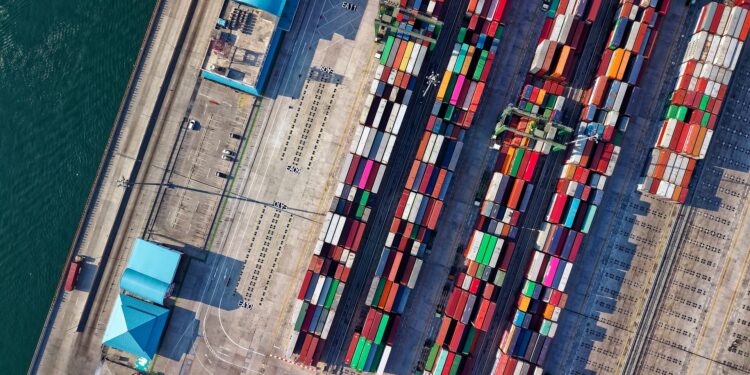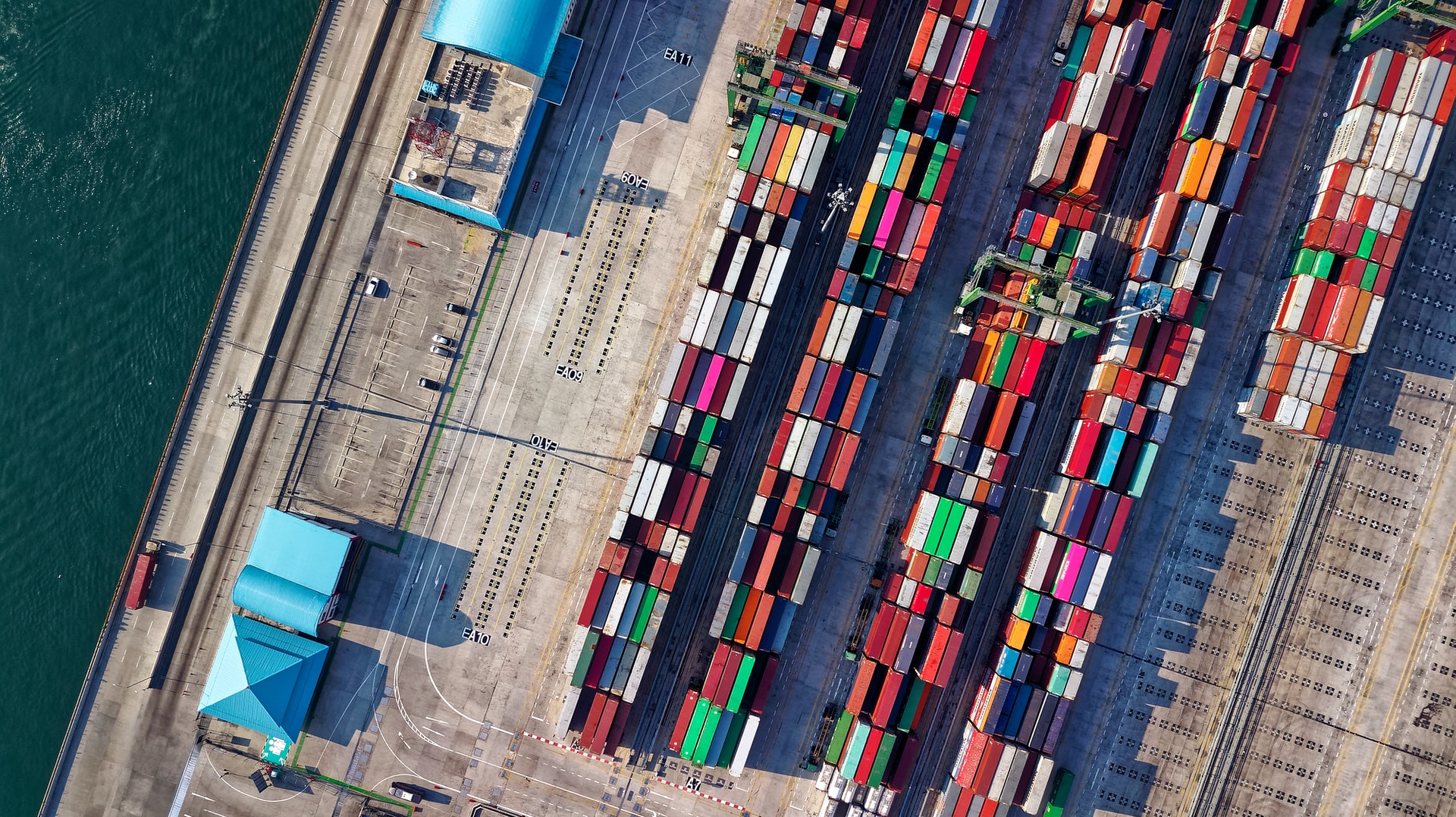Top 5 Reasons Why Traceability Is Critical to Supply Chain Management

 Your supply chain is the backbone of your business. It needs to be in good shape if your business is going to continue experiencing healthy growth. Traceability is the only way to make sure that your supply chain is ticking all the right boxes.
Your supply chain is the backbone of your business. It needs to be in good shape if your business is going to continue experiencing healthy growth. Traceability is the only way to make sure that your supply chain is ticking all the right boxes.
It’s crucial to have some traceability standards in place before encountering any problems. Understanding how traceability intersects with supply chains is therefore crucial.
Table of Contents
What Is Traceability in Supply Chain Management?
When it comes to a traceability definition, it can vary depending on the industry. Put simply, it’s a tool to ensure sustainability and good practice along a supply chain. For food supply chains, that might mean checking on sustainable farming methods.
For other industries, it might mean ensuring fair wages for workers. It often depends on the product and the supply chain itself.
Why Is Traceability Important?
There is a whole range of reasons why traceability is important, both in terms of business good practice and for your brand’s reputation. You need to make sure you’re not selling your business short with poor supply chain traceability.
With that in mind, let’s dive into the key reasons why it’s so important for modern companies.
1. Attract New Customers
More and more, consumers are looking for brands they feel they can trust. It’s been proven that customers are more likely to choose a brand that they think gives them honest and genuine communication.
Traceability is a way for you to gather information about your products and your manufacturing process. This is ideal for sharing with your customers. The more you can share, the more they will trust you.
2. Prove Sustainability
If you have been putting more work into green power or other sustainability efforts recently, you’re not just doing a good thing for the environment. It’s also a boost for your business.
Governments and unions also often require that businesses meet certain sustainability requirements. Traceability can help you prove your green standards.
3. Inspire Brand Loyalty
Reports state that 73% of consumers will stay loyal to a brand they see as transparent. Recording statistics and supply chain data in a traceability matrix and sharing the results with existing customers can help to inspire greater brand loyalty than any expensive ad campaigns.
4. Gather Accurate Data
Data is the powerhouse of smart business decisions. Having a requirement traceability matrix completed regularly, such as once every quarter, sets you up in good stead for accurate annual or quarterly reports.
Only with information like this on every part of your supply chain can you accurately predict future orders and potential shortages. That way, you can safeguard your business from any unpredictable hiccups down the line.
A great example of this is laser marking in the medical industry. LASIT (https://www.lasitlaser.com/) uses laser marking to track components throughout disparate medical supply chains to maintain the utmost accountability and quality at every level.
5. Safeguard Quality
Quality should always be a priority for any business, and traceability is a way of ensuring your business ticks every box. For large, international supply chains, it’s not always possible for managers to check up on quality every step of the way.
You can find various requirements for a traceability matrix template online and distribute them throughout your supply chain. So long as every section of the supply chain adheres to the same quality requirements, you shouldn’t run into any issues.
Put Your Knowledge Into Action
Now you understand the benefits of understanding traceability, it’s time to put it to work. Armed with supply chain knowledge, your business will go from strength to strength in terms of sustainable growth.
For more articles like this, be sure to check out the rest of our blog posts!






